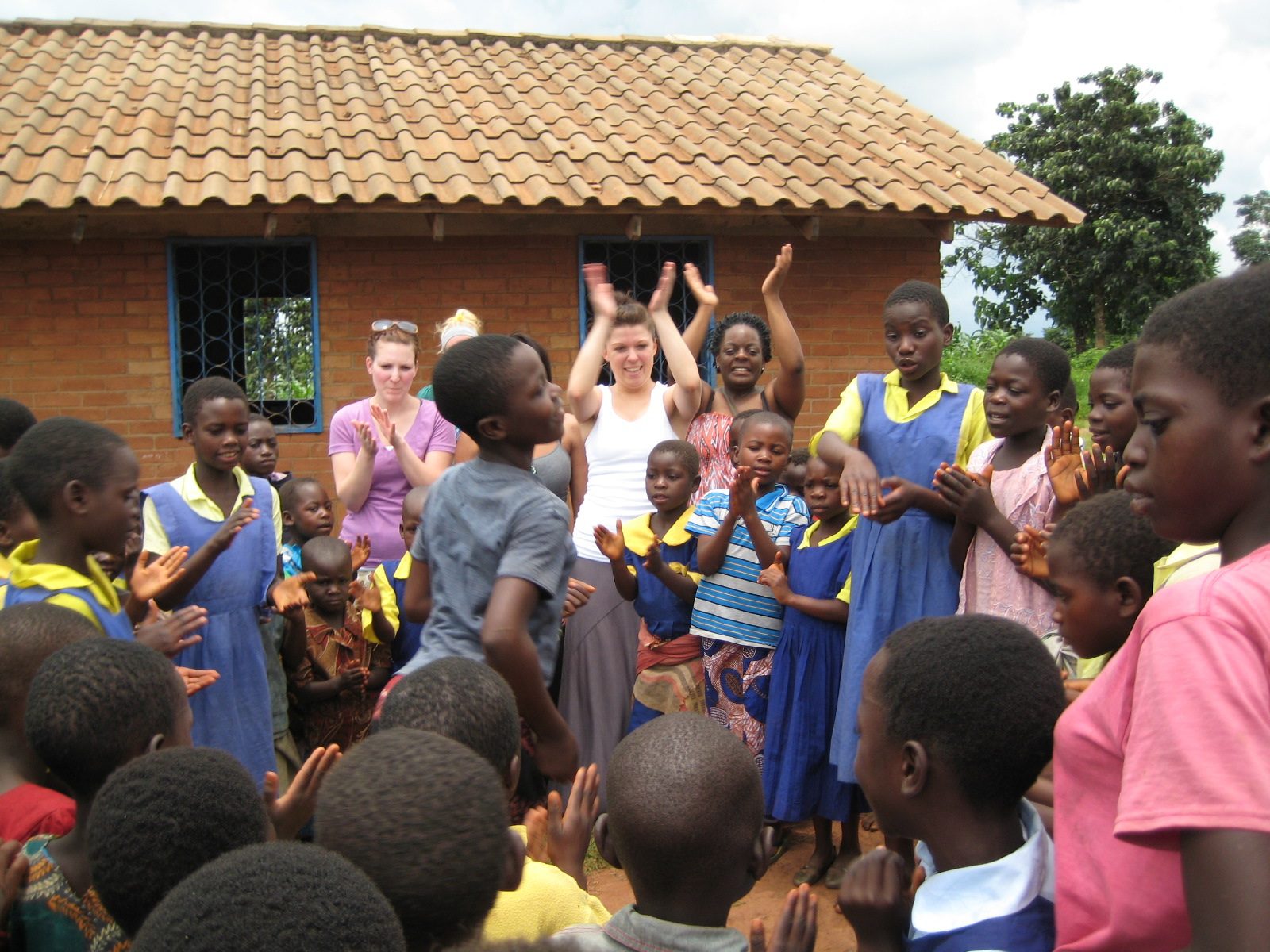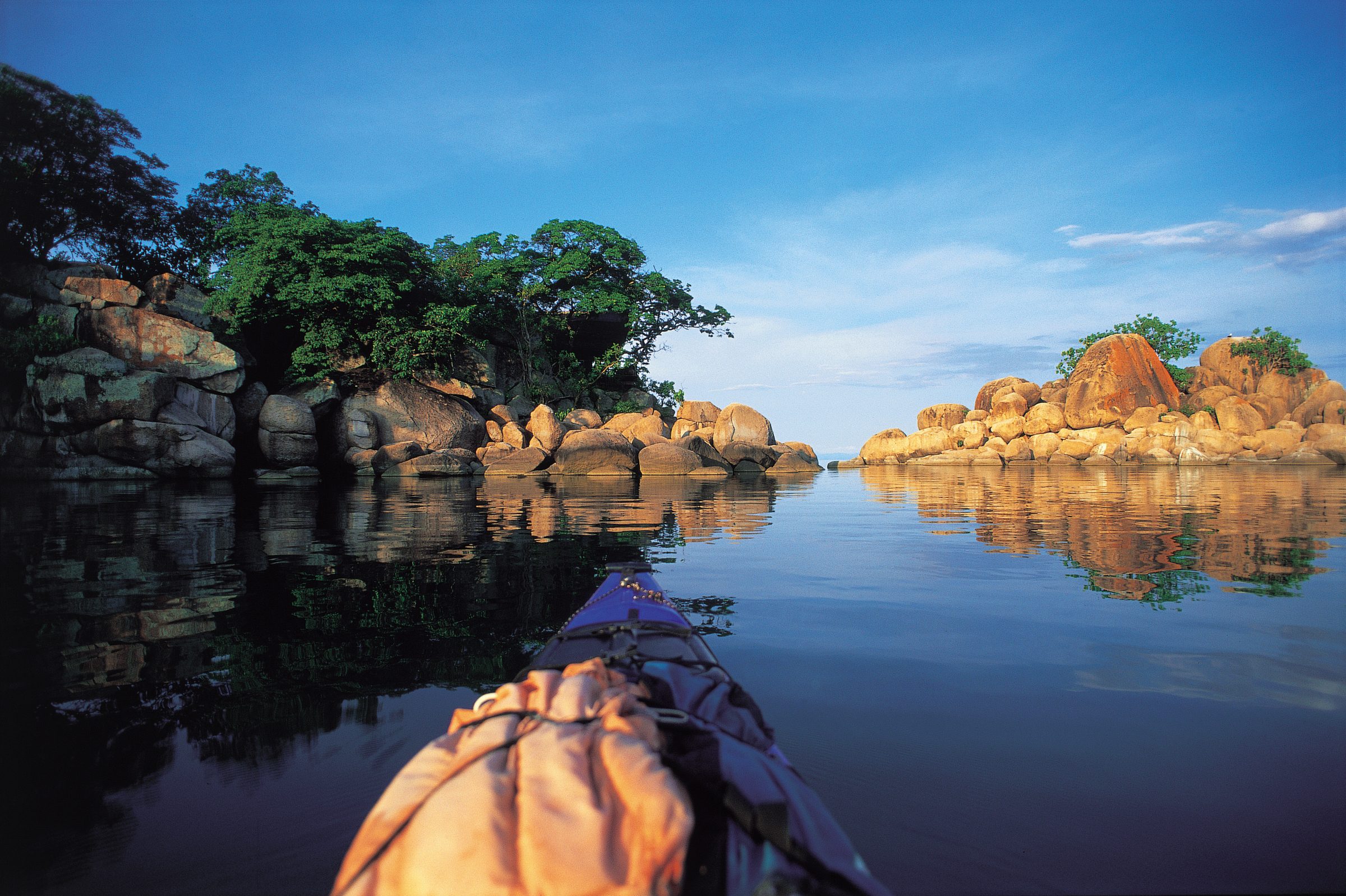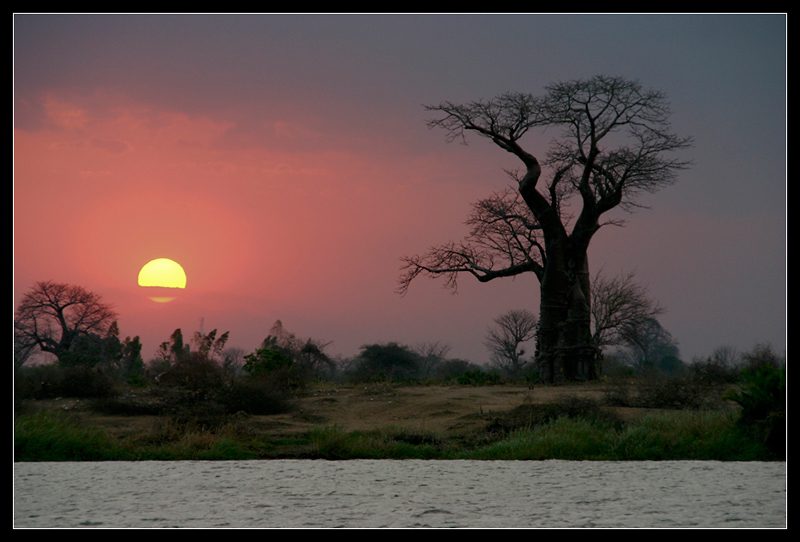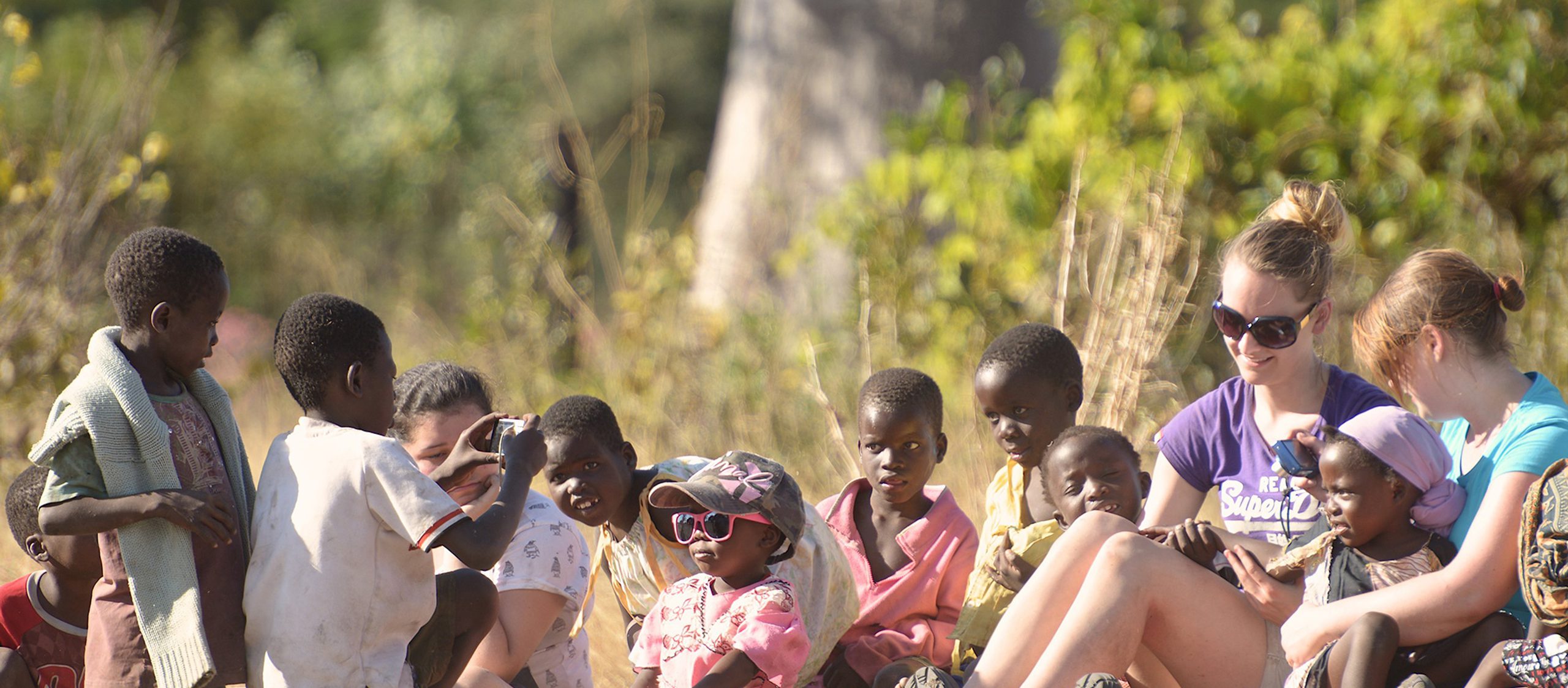My Trip to Malawi
After recently joining the team at STC Expeditions, I have been reflecting on my own exciting adventures. One amazing trip in particular stands out vividly…
At the age of 14, I was privileged enough to venture off to Malawi and Zambia on a school expedition, of which I have incredibly strong, happy, and vivid memories. Now, a decade on, I can confidently say that this phenomenal trip profoundly impacted my outlook on life and ignited my enduring passion for sub-Saharan Africa. This life-changing trip also steered me towards a deeply fulfilling career in educational travel, where I now get to play a small role in creating transformative experiences for young people.
As a teacher who is thinking about running expeditions, I am sure that taking large groups of students overseas can be a nerve-wracking, daunting, and overwhelming prospect. However, I wish to discuss the rewarding outcomes and incredible lifelong impact that school travel can have on young people, by drawing upon my own first-hand experiences. With hindsight on my side, I will also discuss some of the negative aspects of my trip, in the hope that I can encourage you to strongly consider the importance of ethical project work.

About my Trip
In July 2013, my fellow students and I landed at Kamuzu International Airport in Malawi, full of excitement and ready to embark on a fantastic adventure. Filled with receptive expectations and open minds, we climbed aboard a small, old-fashioned, and slightly rickety bus to travel to a tiny village in central Malawi. I will never forget that journey. I felt as though I had been transported into another world. Bumpy roads, vibrant colours and children running alongside the bus with the biggest smiles I had ever seen; the whole journey was surreal.
Over the next ten days or so, we immersed ourselves in Malawian culture; staying with local families, learning phrases in Chichewa and trying the cuisine were some memorable trip highlights. However, the majority of our time was filled by getting stuck into project work, which included painting classrooms, volunteering in an orphanage and assisting the dentist in the local hospital. This was an enriching and rewarding experience for me, and I approached the work with genuine altruism and good intentions. However, I now sincerely question whether my contributions were truly helpful or whether they hindered the long-term development of this wonderful community.
Painting and Building Volunteerism
Engaging in this type of voluntary work, which was no doubt executed to a poor standard on my part, inadvertently diverts business away from local people and establishments. From an economic perspective, diverting financial resources away from local people and businesses can hinder their sustainability and stagnate the overall economic health of the community.
Orphanage Tourism
According to the Responsible Tourism Partnership, orphanages in general, let alone orphanage tourism, are inherently harmful and can never be considered to be responsible. The rotating door of tourists visiting orphanages can result in severe attachment disorders - kids have a volunteer’s undivided love and affection for a matter of days, which is followed by grief when the volunteer leaves. Children in orphanages are vulnerable, susceptible to exploitation, and most shockingly, 80% could live with other relatives. In fact, orphanage tourism encourages child trafficking and displacement of children.
Now, I recognise that this type of project work ONLY benefitted me; not those whom I thought I was there to help.
STC Project Work
At STC, we are stepping away from the notion that students can ‘make a difference.’ Instead, we perceive our project work as a valuable opportunity for promoting mutual understanding and facilitating cross-cultural exchange. We are shifting the focus away from what visitors can gain; instead, we wish to emphasise what they can learn.
Before sending students overseas, we conscientiously consider the ethics of allocated project work. For us, responsible tourism is non-negotiable. This includes having a positive (or at least neutral) impact on local economies whilst travelling and ensuring that the work we undertake is genuinely helpful to the communities we work with.
To uphold this, all projects organised by us undergo vigorous pre-planning discussions with local communities. We believe that by aligning our initiatives with the actual needs of these communities, ensuring that our efforts are culturally sensitive and socially beneficial. Please click on the following links to find out more:
https://www.thestc.co.uk/blog/a-quick-chat-about-ethical-school-travel/
https://www.thestc.co.uk/blog/responsible-tourism-our-journey-so-far/
https://www.thestc.co.uk/blog/a-global-movement-to-eliminate-orphanage-volunteering-forever/
Post Project Trip to Lake Malawi
Following our ten-day stint in Mtunthama, my classmates and I hopped back on the bus to head to Nkhotakota Pottery Lodge for a few days of relaxing on a gorgeous, sandy beach on the shores of Lake Malawi. This lake is paradise… Google it if you don’t believe me! As someone who loves the beach, I can honestly say that the beaches in sub-Saharan Africa are among the best I have ever seen. My expectations were blown out of the water… (pun not intended).
Largely influenced by Western media portrayals and the enduring historical hangover of European colonialism, I had unwittingly constructed a prejudiced mental image of what sub-Saharan Africa was like. Growing up, the narratives I encountered were often marred by stereotypes, emphasising poverty, resource scarcity and conflict. Before I went to Malawi, I expected dry, arid lands with no vegetation. I certainly did not expect a biodiverse tropical paradise. By travelling here and seeing this amazing place with my own eyes, my own unjust prejudices were shattered and to this day Malawi is one of the most happy, vibrant, and naturally beautiful places I have ever been.

Sunny Safari
After a few days of much-appreciated rest and relaxation, we crossed the border into Zambia to go on safari. This was one of the most amazing adventures I have ever experienced. Seeing wildlife in its natural, sometimes brutal, environment was absolutely phenomenal and extremely educational. Aiming to spot the 'big five' animals of the safari world (not bad - we spotted four), whilst learning about the extensive conservation efforts being undertaken in Africa’s national parks was an enriching experience, which would be impossible to fully grasp in a classroom. I will never forget strolling out of the tent in the morning, only to be greeted by a couple of elephants passing by about 20 metres away…
Lessons Learned
Independence
Although I was fortunate to have travelled around Europe a lot as a child, my school expedition took me further away from home than I had ever been before, for a whole three weeks. Whilst I was very well supported by my teachers, this trip pushed me out of my comfort zone and taught me a huge amount about cultures other than my own. Staying with a Malawian family, trying new foods, and meeting hundreds of new people made me feel more confident in myself.
Money Money Money!
My family very kindly funded half of my trip to Malawi and Zambia, whilst I paid for the other half. In order to save up for the trip, I had to think outside of the box. Waking up early on Sunday mornings to go and sell my old toys and clothes at a local car boot sale, completing chores around the house in exchange for a couple of quid, saving birthday and Christmas money, and completing a sponsored run were just some of the ways I scraped together the cash. Fundraising for this trip taught me a great deal about money management and taught me the value of saving up for things that I want. I would highly encourage all students to contribute to the cost of their trip, as engaging in fundraising activities holds immense value in the long run.
Question Everything…
Although I may be biased, I feel like it is no secret that travel broadens the mind. Grasping an understanding of other cultures undoubtedly boosts tolerance. In my opinion, the best way of doing this is by travelling and exposing yourself to new sights, sounds and experiences.
Before I ventured to Malawi and Zambia, I had a level of internalised prejudice, despite my liberal and open upbringing. Africa is an extremely diverse continent with a very rich history and is home to a huge number of ethnic groups, languages and religions. Yet, stereotypical images of sub-Saharan Africa perpetuated by the likes of Comic Relief and through Western media were imprinted in my brain. Although I certainly had the best intentions at heart, I fell victim to the trappings of a white saviour complex. Whilst I did witness a lot of the poverty and hardship that I was expecting, by immersing myself in the culture, I came to recognise my racial bias and subsequently worked on addressing it. The people do not need saving, certainly not by a 14-year-old child.
I guess what I am trying to say here is that this trip taught me the value of critical thinking and evaluating what you see and hear.
Just last week, I ran into an old classmate of mine, who also travelled on this incredible journey to Malawi and Zambia. Now, at the age of 25, we have taken very different paths in our lives thus far; I chose to go to university, went backpacking and have pursued a career in the travel industry. On the other hand, she has dedicated herself to a career, where she is steadily rising up the ranks, has become a brilliant mother and is raising a family. We discussed our trip during our brief catch up, where she labelled it the ‘trip of a lifetime;’ a sentiment I cannot disagree with. Despite our differences as individuals, I can guarantee that we were all changed for the better by our trip.

